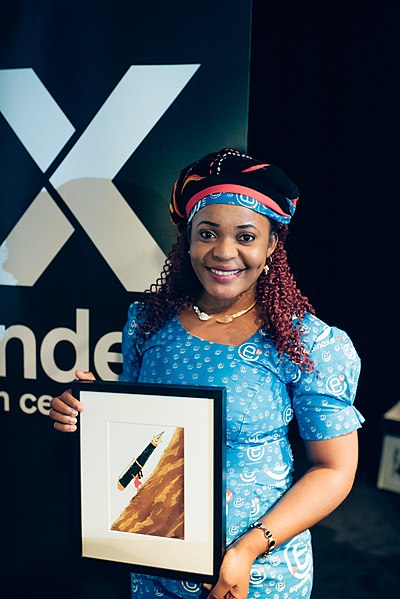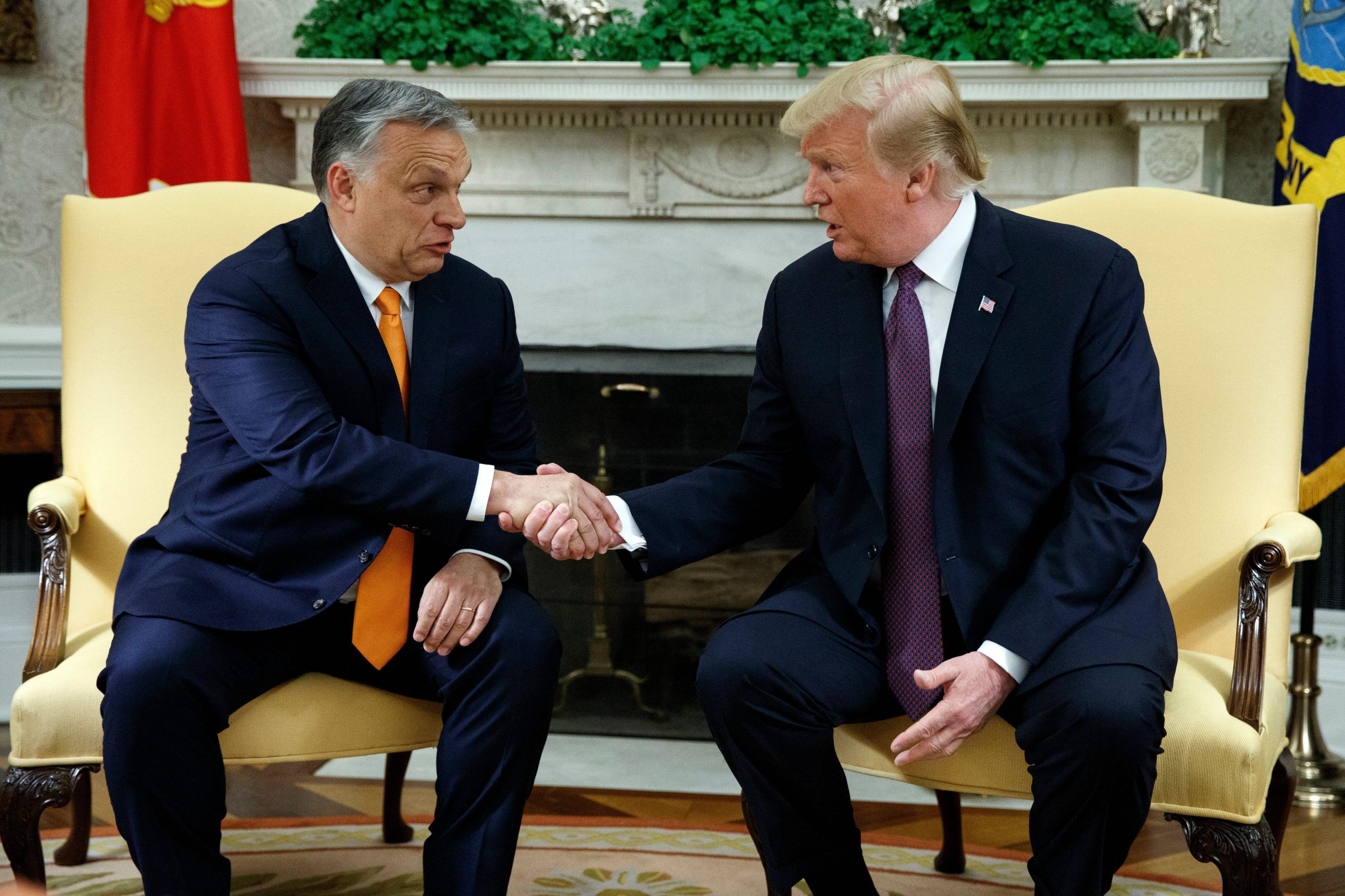[vc_row][vc_column][vc_single_image image=”112436″ img_size=”full”][/vc_column][/vc_row][vc_row][vc_column][vc_column_text]Journalists are at the frontline of protecting freedom of speech around the world and we recognise these annually in Index on Censorship’s 2020 Freedom of Expression Awards.
Four individuals and media outlets have been shortlisted in the journalism category in the awards, which will be presented at The May Fair Hotel in London on 30 April. Journalism is one of the four categories that will be recognised at the awards, alongside campaigning, digital activism and the arts.
Meet this year’s nominees.
Hong Kong Free Press was founded in 2015 in the aftermath of the Umbrella Revolution, with the goal of becoming the most independent and credible English-language news source in the region. Since then it has published thousands of articles, many of them on the subject of censorship.
In 2018, HKFP worked with NGOs to create Free Expression Week, which provided space for controversial artists to exhibit their work. Badiucao, an artist critical of Xi Jinping and the Communist Party of China, was scheduled to display some of his work at the event but was threatened by the Chinese government, forcing him to retract his work, a conflict documented in the film, China’s Artful Dissident.
The organisation’s journalists and employees have been injured during recent protests, have faced arrest and even received death threats. Despite being blocked in mainland China, they’ve gained international acclaim.
Marco Ruiz Silvera is a journalist and head of the National Press Workers’ Union in Venezuela, working to protect journalists and promote media freedom. Ruiz is a founding member of the National Commission for the Protection of Journalists and the Alliance for Freedom of Expression in Venezuela. In 2009 he was one of the 12 journalists attacked and injured in Caracas by pro-government supporters.
Venezuela ranked 148th out of 180 countries in RSF’s World Press Freedom Index 2019. In 2017, a Constituent National Assembly was elected to draft a new constitution, suspending the existing one which included commitments to protect freedom of expression.
For journalists in the country, especially those without access to a lawyer, Ruiz is the first port of call, and has helped to secure the release of dozens of individuals.
Poland’s OKO is an investigative journalism and fact-checking portal. It was originally set up in 2016 by the publishers of Polish liberal newspapers Gazeta Wyborcza and Polityka but is today supported by donations from thousands of its readers.
The award-winning team of writers and editors investigate and evaluate statements made by politicians, monitor public spending, and fight for access to public information. Their work also supports grassroots activism, crucial in an environment sliding further and further into authoritarianism and censorship.
SOS Médias Burundi is a 24/7 news media channel operating in Burundi. It was established in 2015 after an attempted coup resulted in the closure of independent media outlets in the country. The organisation says that nearly 80% of the country’s journalists have fled since then; many of those that remained now work with SOS Médias Burundi becoming “the voice of the voiceless”.
Their clandestine operations have allowed them to become one of the only reputable and functioning news sources in the country. Reporting is limited to social media but this hasn’t stopped SOS from reaching hundreds of thousands of people daily.
The 2019 award winner in this category was Cameroonian journalist Mimi Mefo.
The winner of the 2020 journalism award will be chosen by a panel of judges which includes award-winning Guardian journalist Amelia Gentleman, author of The Windrush Betrayal.[/vc_column_text][/vc_column][/vc_row]






